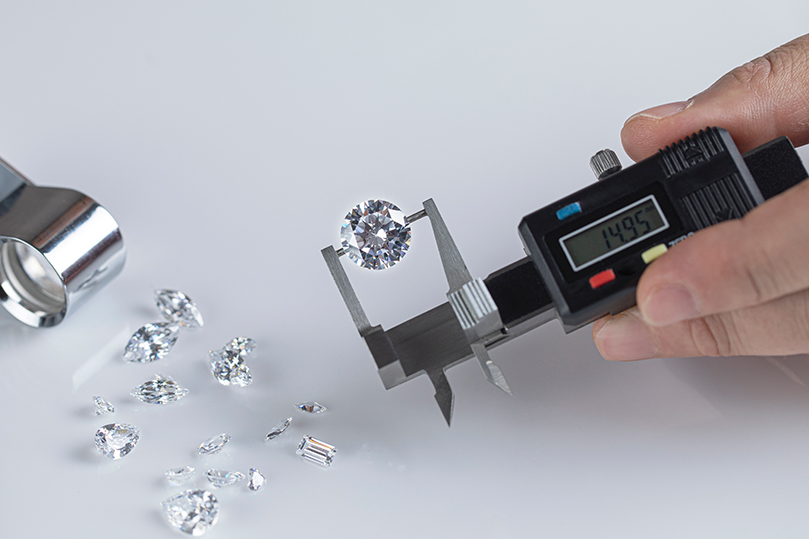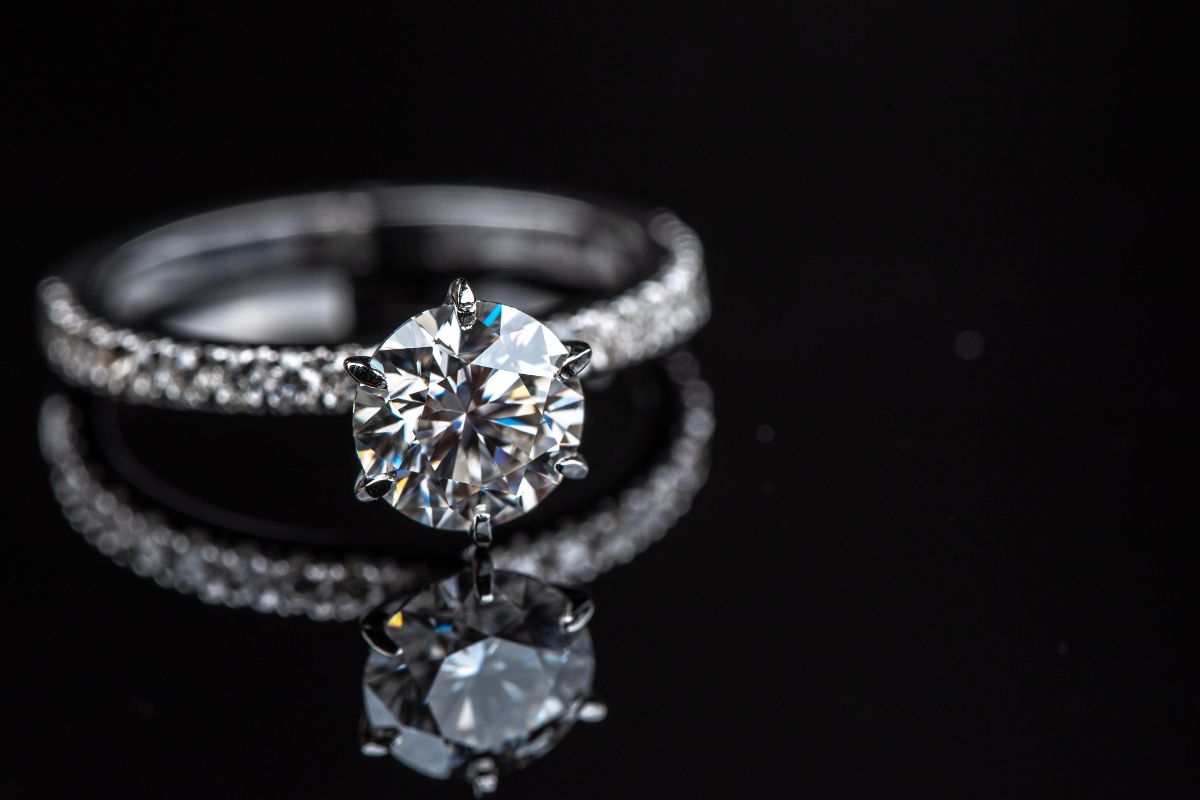In the realm of fine adornments, lab-made diamonds are turning out to be progressively famous due to their moral, natural, and money saving advantages. While buying a ring with a lab-made jewel, understanding the ring size chart is critical to guarantee an ideal fit. This guide will give complete experiences into ring measuring, explicitly custom-made for lab-made diamonds, to assist you with pursuing an educated and certain decision.
What Are Lab Made Diamonds?
Lab made diamonds, otherwise called manufactured diamonds or refined diamonds, are genuine diamonds established in a controlled climate utilizing cutting edge innovation. They share similar physical and synthetic properties as normal diamonds, including hardness, splendor, and clearness, however are much of the time more reasonable and morally obtained.
Benefits of Lab Made Diamonds
Moral and Economical: Lab made diamonds are liberated from the natural and common freedoms issues related with conventional jewel mining.
Financially savvy: They for the most part cost 20-40% not exactly regular diamonds, offering a more available choice for extravagance.
Quality Control: They are made under exact circumstances, frequently bringing about diamonds with less considerations and higher lucidity.
Figuring out Ring Size
Picking the right ring size is fundamental to guarantee solace and a safe fit. A well-fitting ring will sit cozily on the finger without being excessively close or free. Here is a definite outline of how to decide the right ring size:
Ring Size Chart
The ring size chart gives estimations in view of the perimeter or measurement of the finger. Here is a general manual for assist you with deciding your ring size:
Ring Size Estimations
US Size 4: Relates to UK Size H, with a breadth of 14.8 mm and an outline of 46.9 mm. This size is great for those with more modest fingers or for those looking for a sensitive fit.
US Size 5: Matches UK Size J, with a measurement of 15.7 mm and a boundary of 49.3 mm. A well known decision for those lean toward a somewhat bigger fit while keeping a refined look.
US Size 6: Lines up with UK Size L, having a width of 16.5 mm and a periphery of 51.9 mm. This size is frequently chosen for its harmony among solace and feel.
US Size 7: Likens to UK Size N, with a width of 17.3 mm and a boundary of 54.2 mm. This is a flexible size that fits numerous people serenely.
US Size 8: Compares to UK Size P, featuring a breadth of 18.2 mm and a circuit of 56.9 mm. This size is reasonable for the individuals who incline toward a marginally bigger ring with a striking appearance.
US Size 9: Matches UK Size R, with a measurement of 19.0 mm and a boundary of 59.4 mm. It’s great for bigger fingers or for the individuals who like a more significant fit.
US Size 10: Lines up with UK Size T, offering a measurement of 19.8 mm and a periphery of 61.9 mm. This size gives a liberal fit to those with bigger hands.
Instructions to Quantify Your Ring Size
Utilize a Ring Sizer: A ring sizer instrument, available on the web or from gems stores, gives an exact estimation of your ring size.
Measure Your Finger: Fold a portion of paper over the foundation of your finger and imprint where the paper covers. Measure the length of the strip with a ruler to get the periphery, then allude to the size chart.
Counsel an Expert: Visit a gem dealer to get your finger estimated expertly. This is particularly useful on the off chance that you are buying a ring as a shock or on the other hand assuming you are uncertain of the measuring technique.
Tips for Precise Ring Measuring
Measure toward the day’s end: Fingers will quite often expand somewhat over the course of the day, so measuring at night can give a more precise size.
Think about the Band Width: More extensive groups might fit more cozily than smaller groups, so you could have to likewise change your size.
Represent Occasional Changes: Your finger size can change with the seasons, so think about this while choosing your size.
Picking the Right Ring for Lab-Made Diamonds
While choosing a ring for a lab-made precious stone, think about the accompanying elements to guarantee the ideal fit and style:
Setting Style
Solitaire: An exemplary decision that features the precious stone’s splendor. Ideal for exhibiting the excellence of a lab-made precious stone.
Radiance: Elements a focal precious stone encompassed by more modest diamonds, improving the general shimmer and making a striking visual effect.
Three-Stone: Represents the past, present, and future, offering an immortal plan with added importance.
Metal Decisions
Platinum: A well known decision for its sturdiness and regular white tone, which supplements the brightness of lab made diamonds.
White Gold: Offers a comparative appearance to platinum yet may require occasional rhodium plating to keep up with its sparkle.
Rose Gold: Adds an extraordinary, warm tint that stands out delightfully from lab-made diamonds.
Ring Size Changes
Lab-made diamonds can be set in various styles and metals, and ring size changes can be made to guarantee the ideal fit. Most gem dealers offer resizing administrations, which can be especially valuable assuming you’re uncertain about the specific size.
End
Lab-made diamonds offer a moral and practical option in contrast to regular diamonds, consolidating the charm of genuine diamonds with present day headways. Understanding and choosing the right ring size is critical to ensuring that your lab-made jewel ring fits serenely and safely. By utilizing the ring size chart and following the tips gave, you can certainly pick the ideal ring for your lab-made precious stone.
Whether you’re buying a ring for yourself or as a present, this guide will assist you with settling on an educated choice and guarantee that your lab-made precious stone ring brings delight and fulfillment into the indefinite future.




